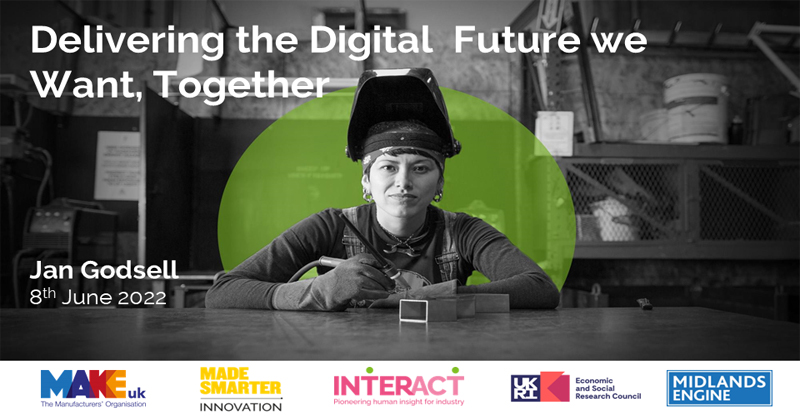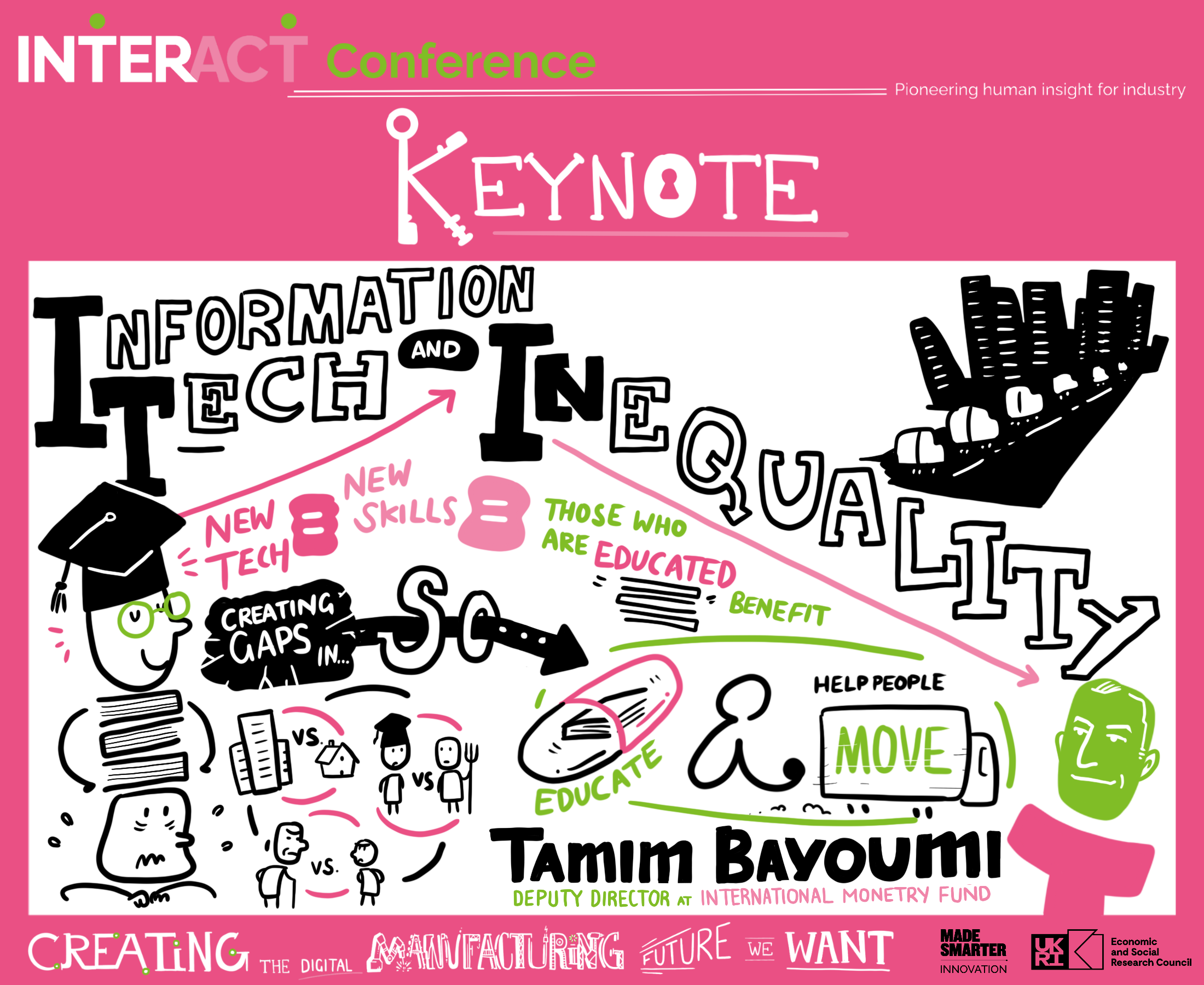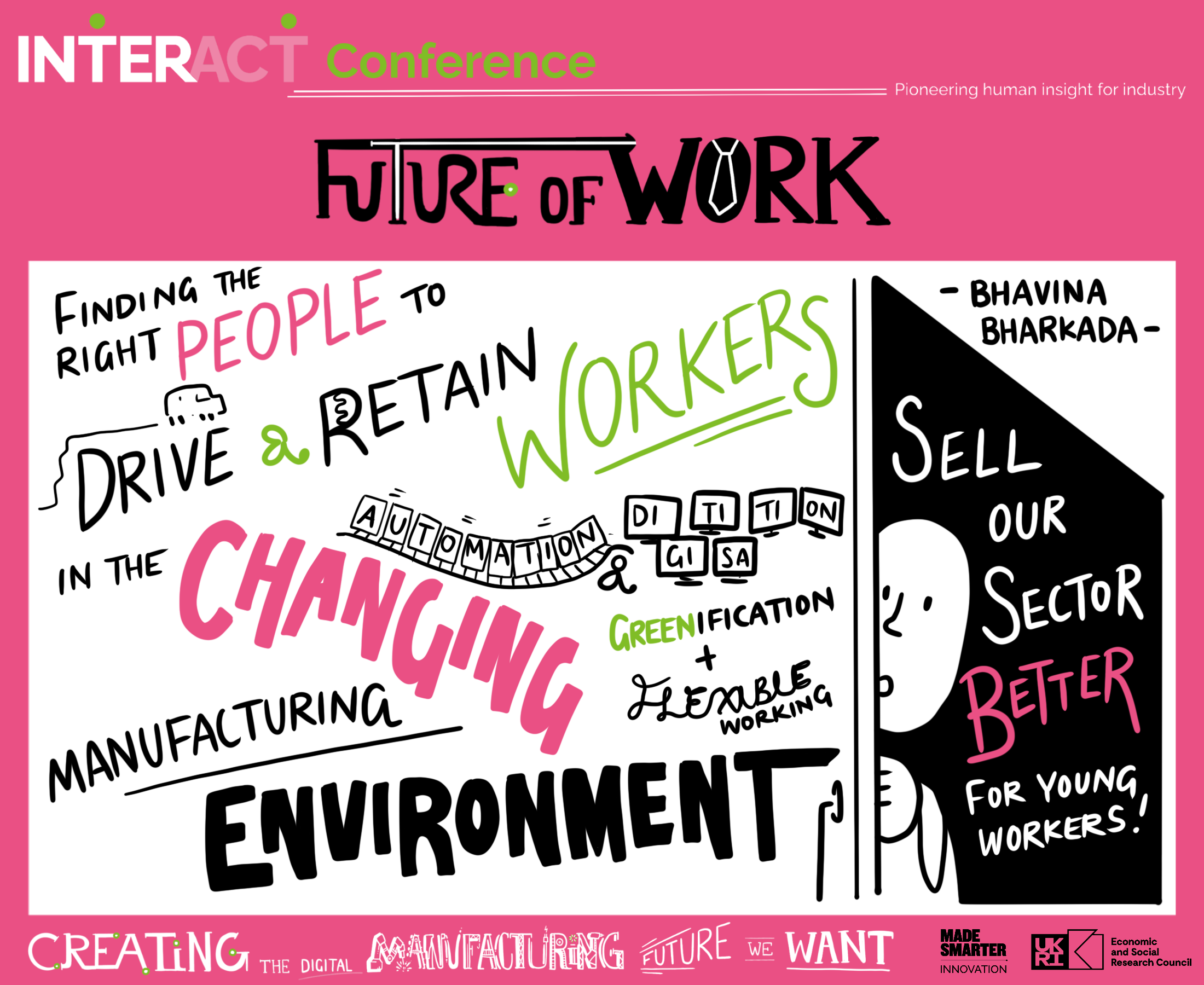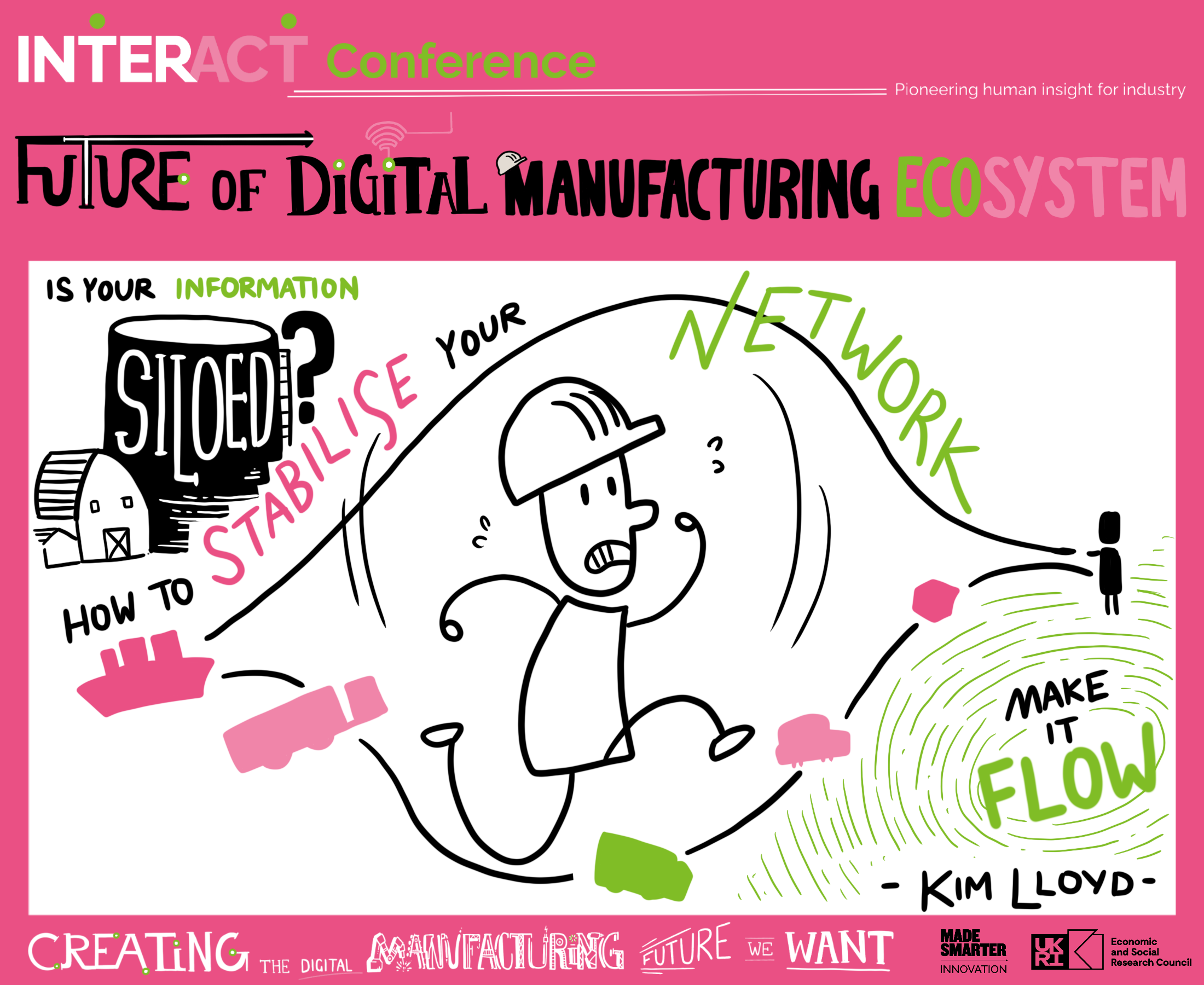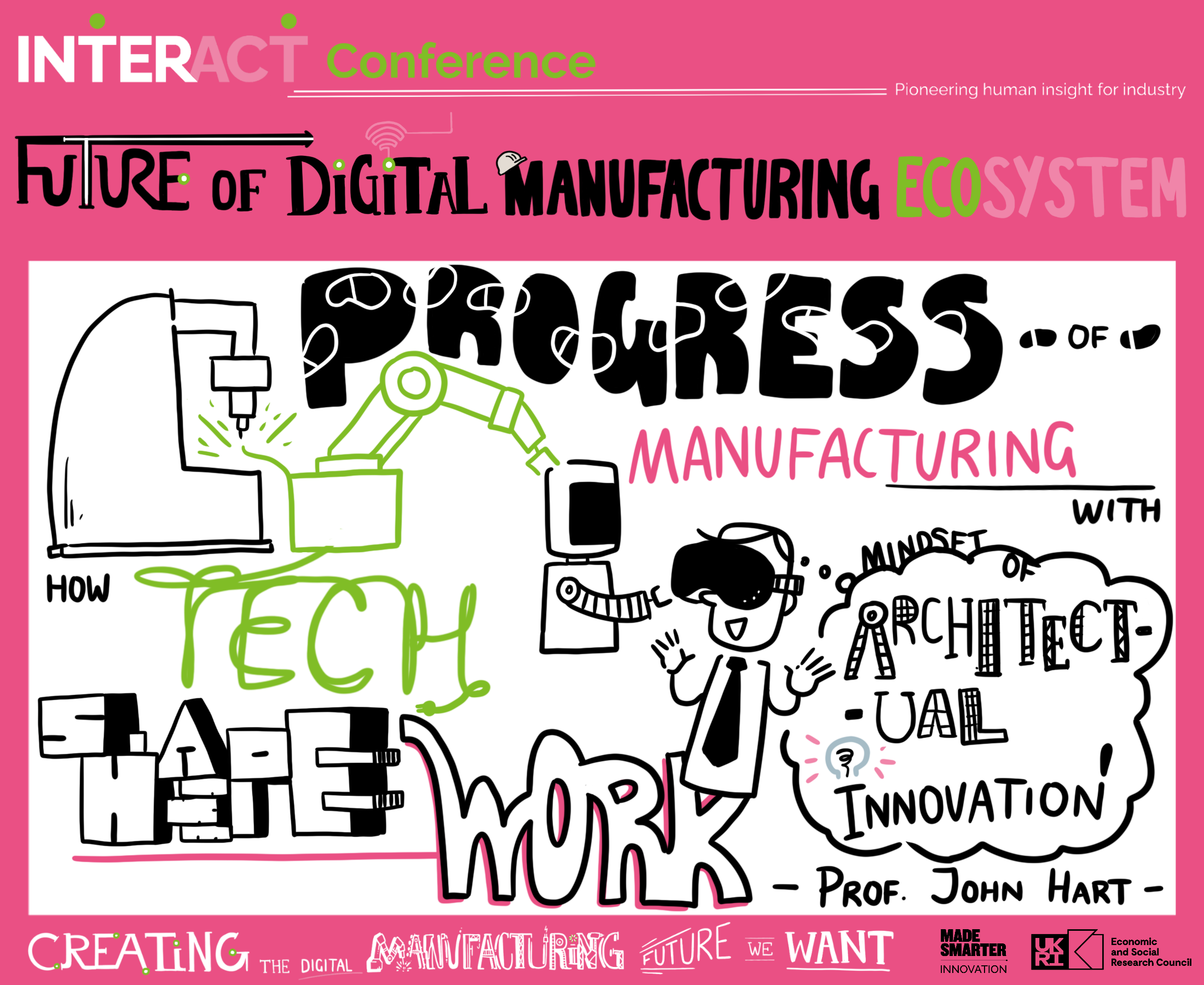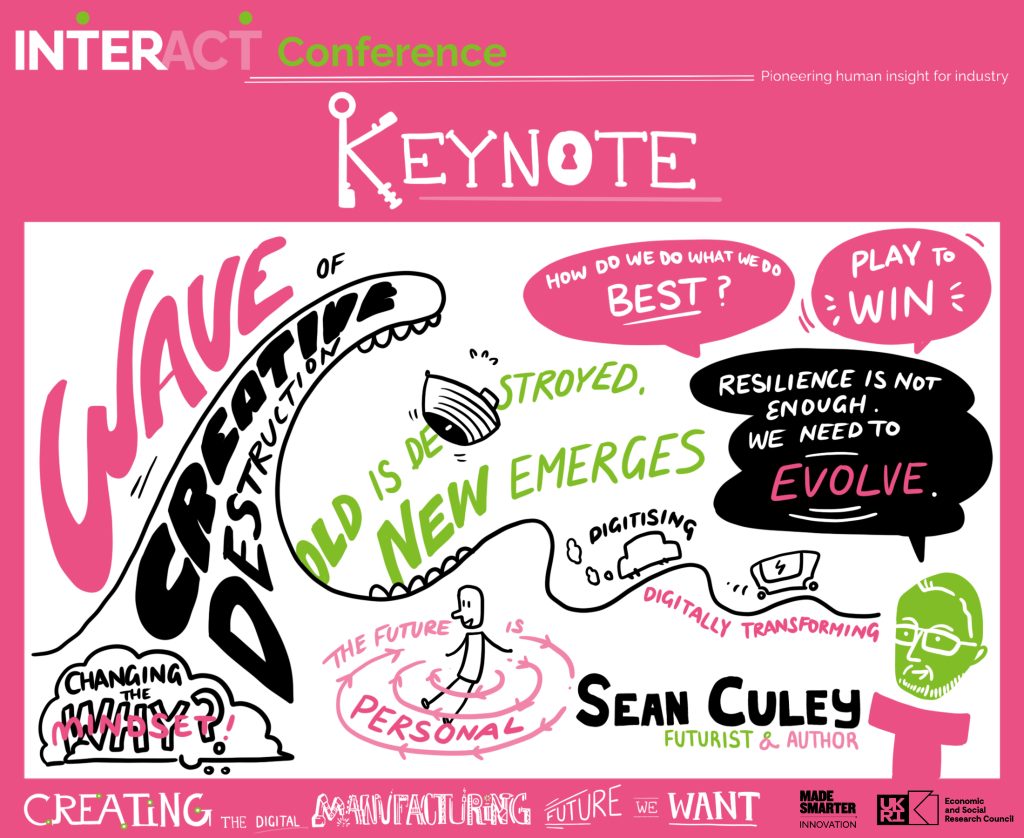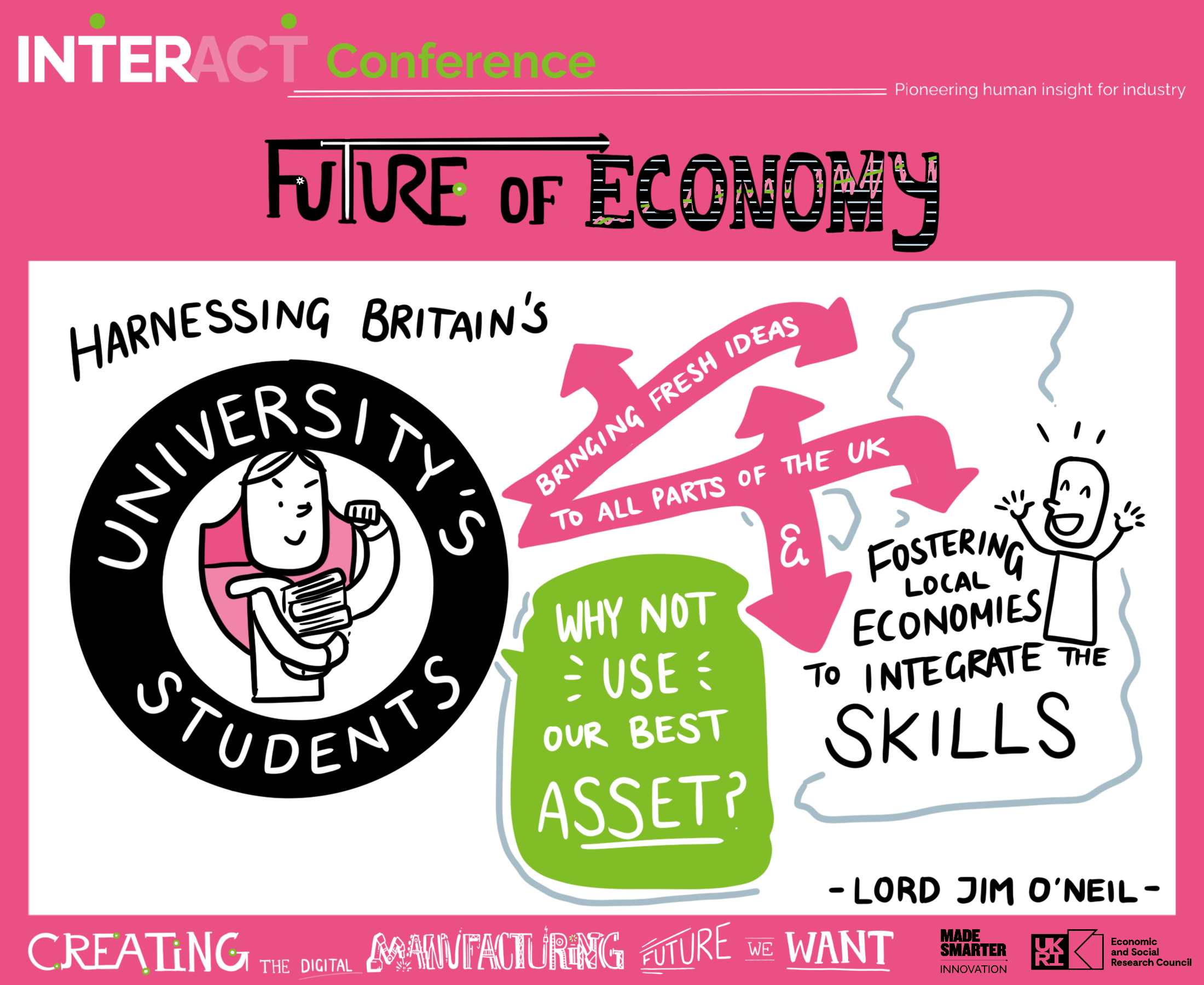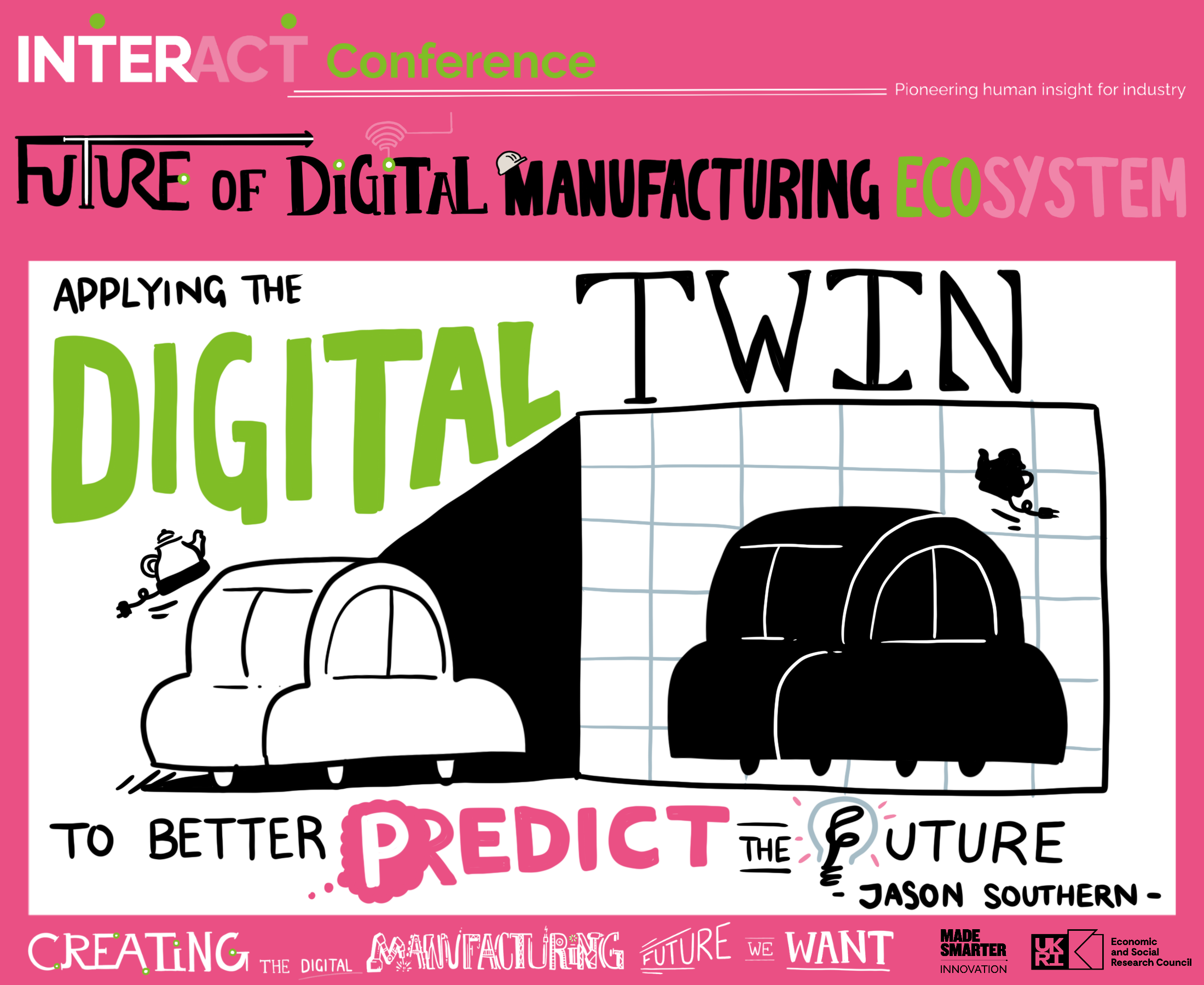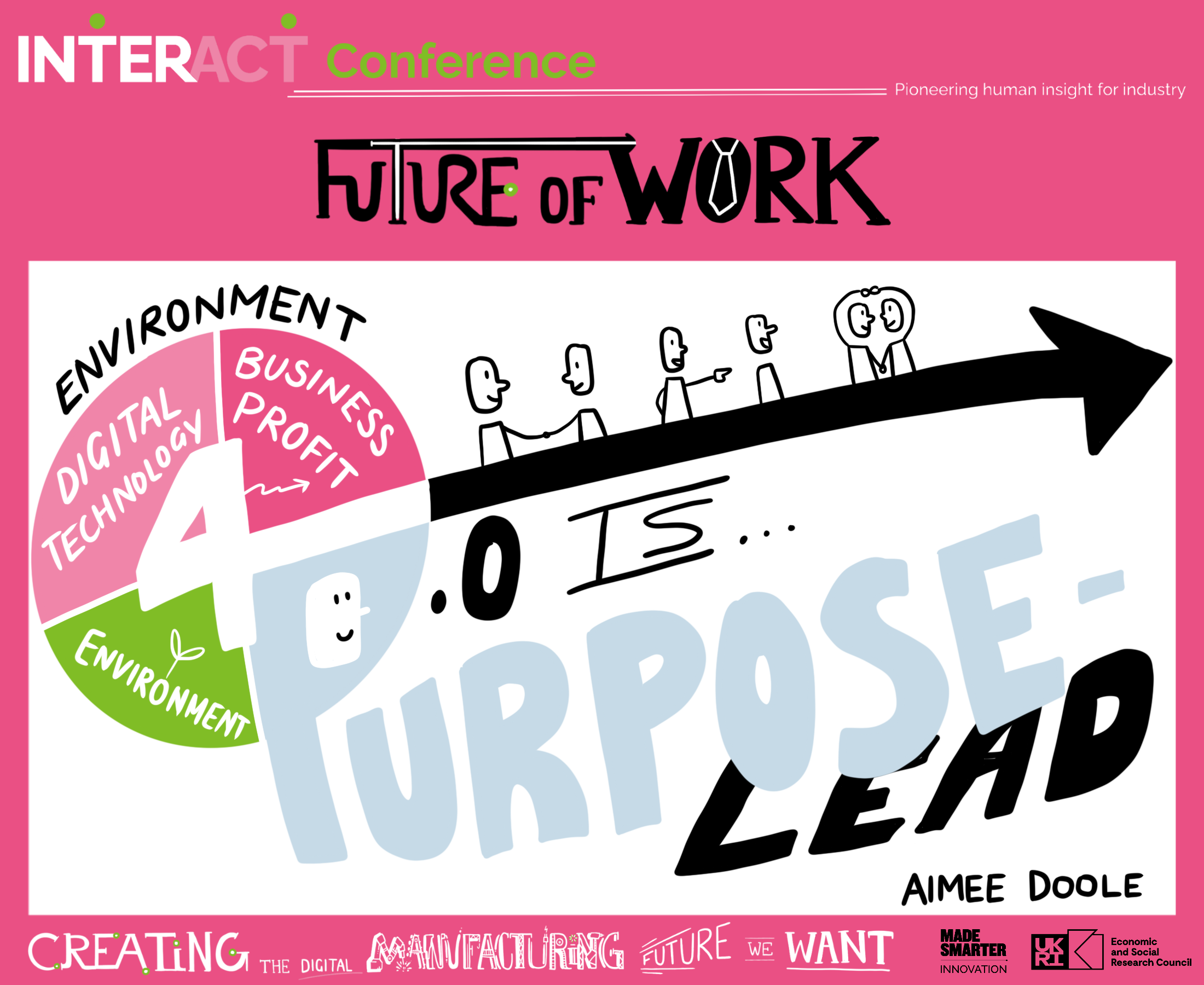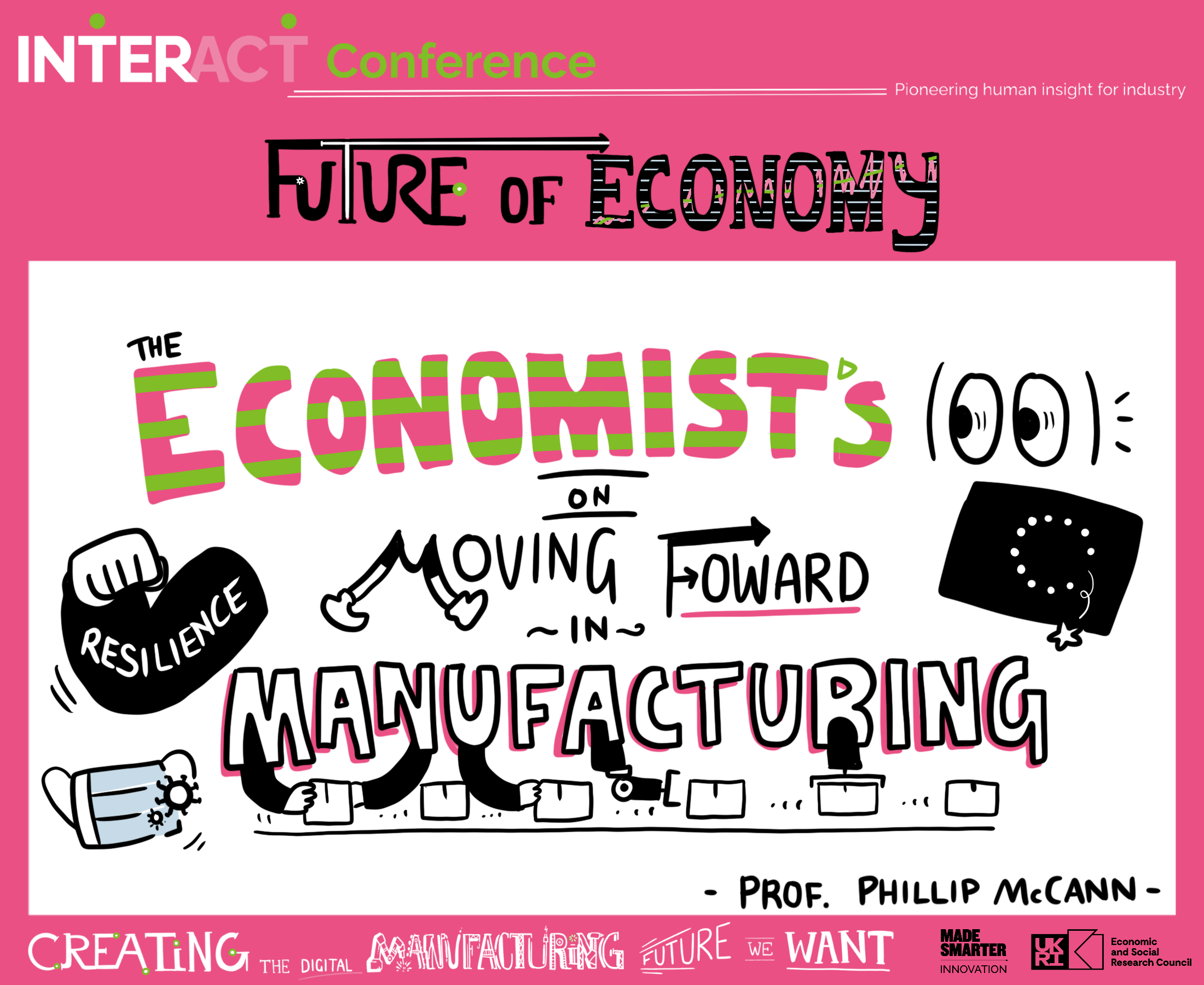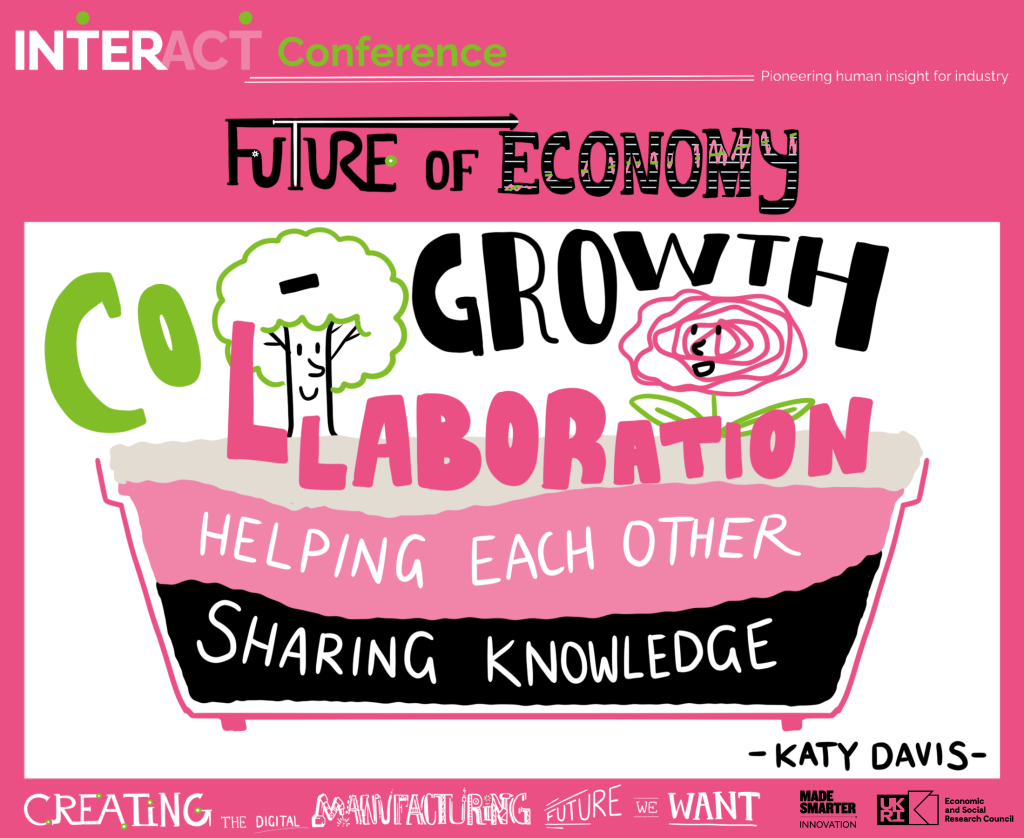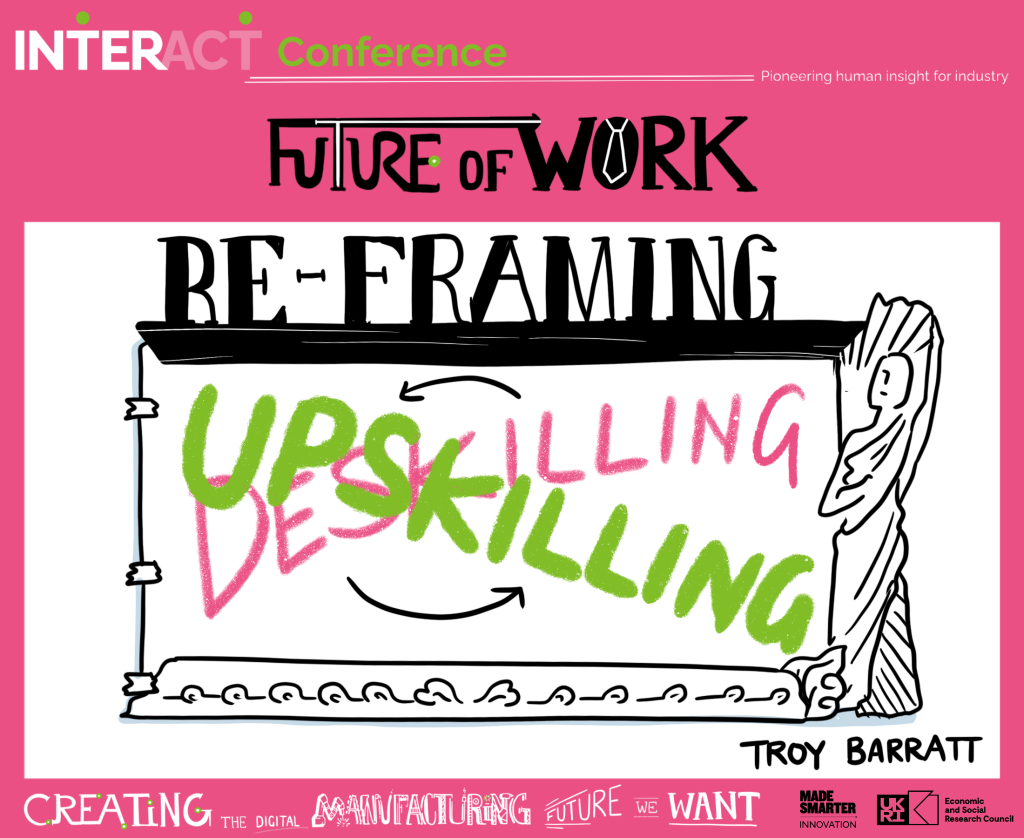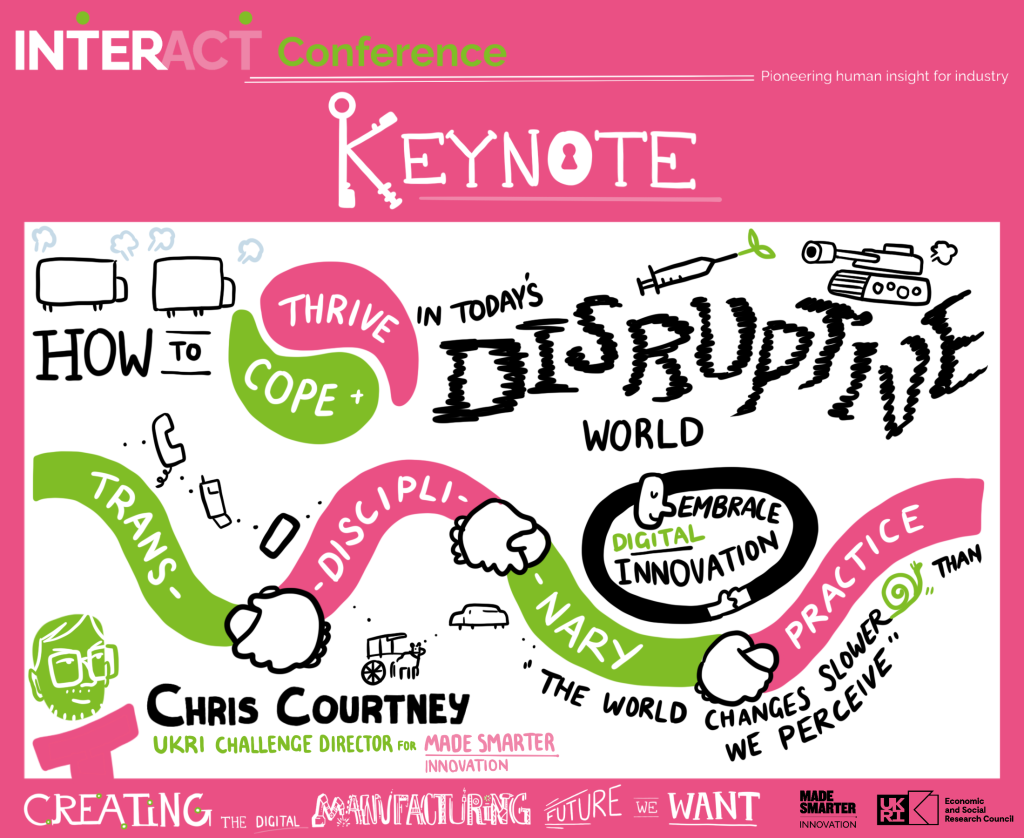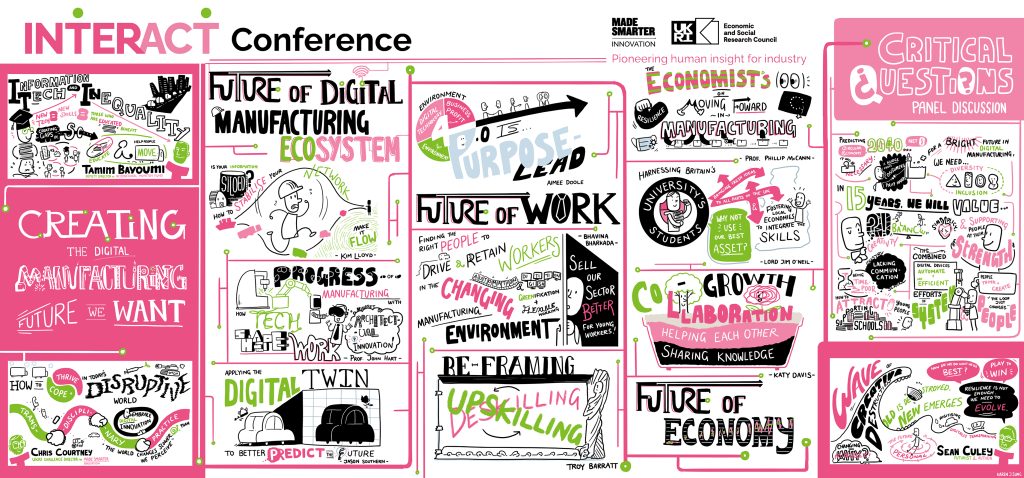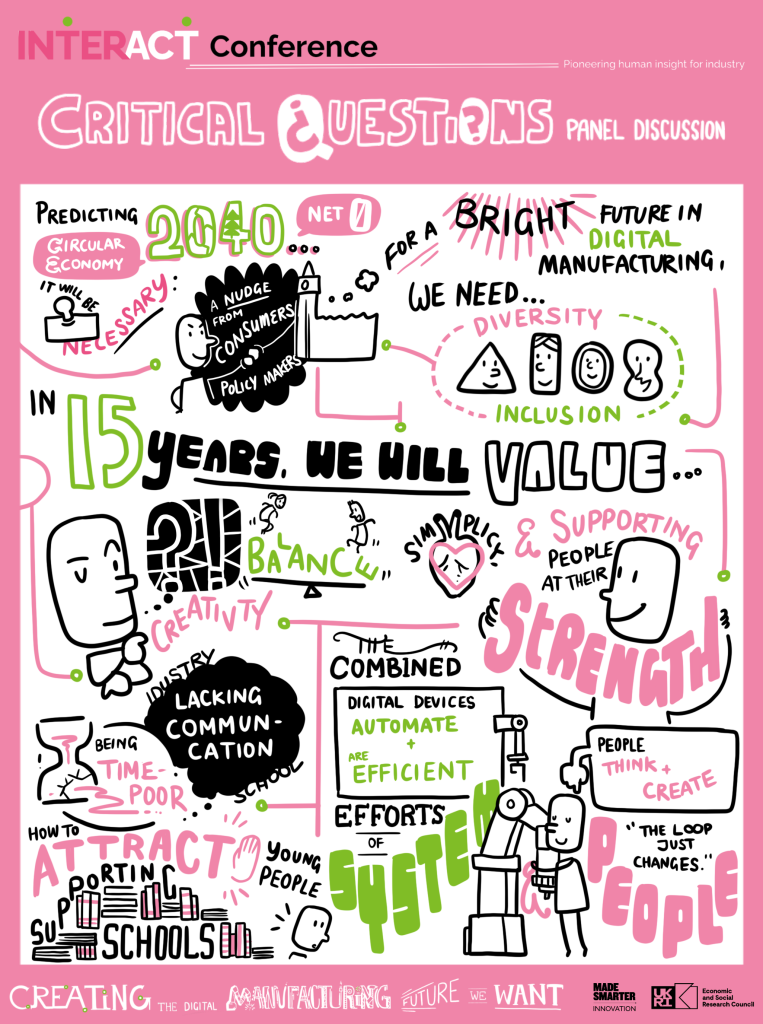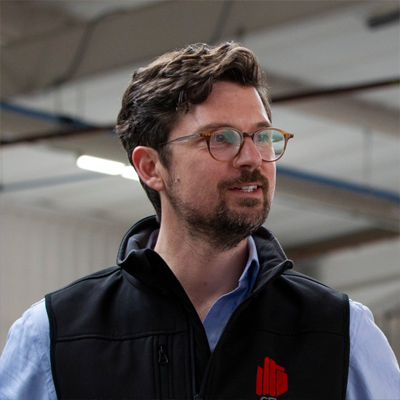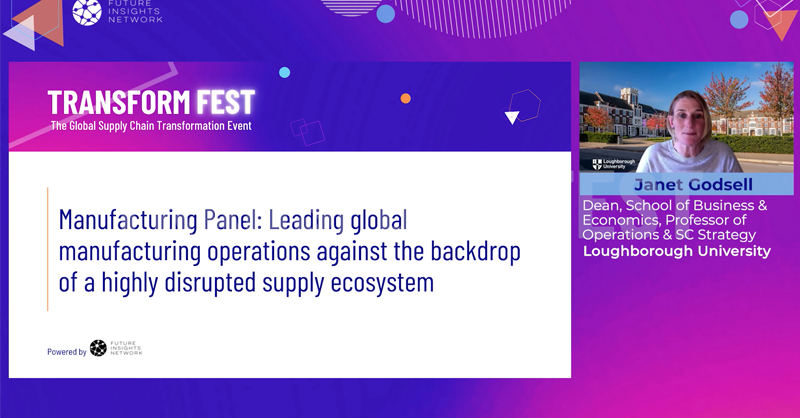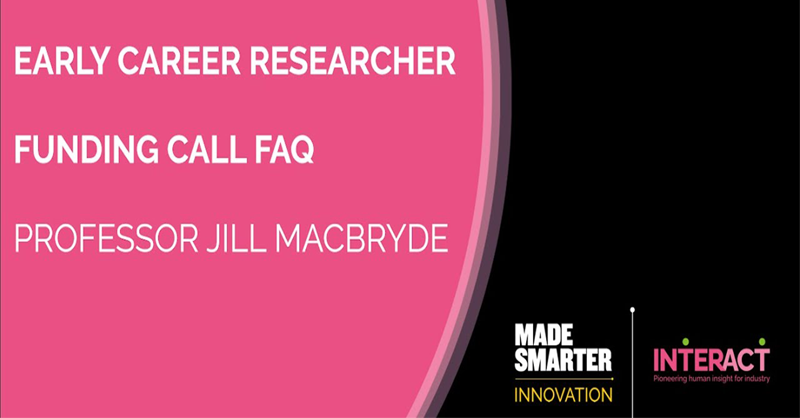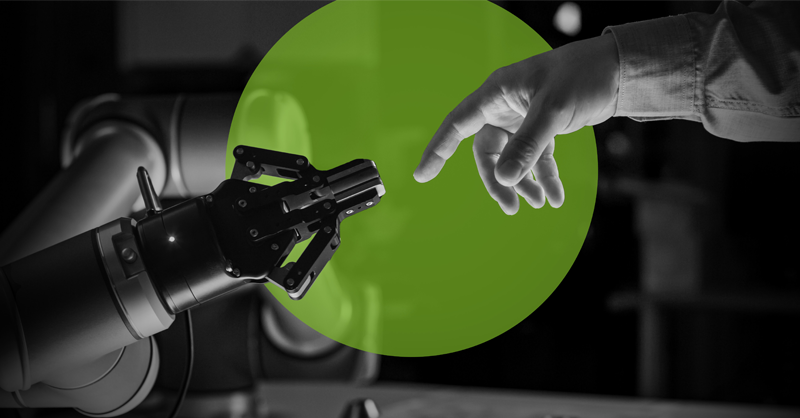The Future of Work team has recently completed a survey of 2107 representative people drawn from across the UK to provide insights into their perceptions of the manufacturing sector and jobs. The primary aim of this survey is to better understand UK public perceptions of the manufacturing industry and jobs, and what factors shape these views and opinions. We were interested in examining a range of issues:
- Whether people still value (and how positive they feel about) manufacturing in the post-industrial economy, and their awareness of manufacturing in the media
- What people associate with manufacturing work and jobs, and what qualities they are looking for in jobs that need to be reflected in job offers to attract talent
- The perceived quality of manufacturing jobs for those currently working in (or familiar with) the sector and whether people would encourage others to enter the sector
- How new manufacturing technologies are likely to change future jobs and careers in manufacturing
- How can the sector best attract emerging young and ‘untapped’ talent?
In the ‘war for talent’, perceptions matter because they provide a snapshot of public opinion about the attraction of the sector and working in manufacturing. They may not measure up against ‘reality’, they may be ‘misinformed’ but ultimately this matters more to many of the people we interviewed than employers and industry stakeholders. However, if you are wondering how people in the UK look at the sector, or how employers should be best positioned to attract people into manufacturing, ignore them at your peril.
Our results throw up some surprising and interesting findings that we hope will be useful to a range of key audiences: academics, employers, industry stakeholders and UK policy makers.
Our findings indicate:
- People still value manufacturing but visibility is lacking
- Images of manufacturing work are putting people off
- Job quality matters in manufacturing
- The digital future looks bright but there are concerns about downskilling and job destruction
- Attracting future talent means more good people practice
Our key messages for employers and industry stakeholders:
- Keep talking up the value of your sector, people know you are essential and valuable, but the media reach and messaging of the sector isn’t reflecting that effectively.
- Legacy images of old-fashioned manufacturing work impact negatively on how people look at jobs and careers in the sector. Although job quality is reasonable for many manufacturing workers, more needs to be done selling this message outside the sector to hard-to-reach groups such as women and minorities.
- People anticipate that new technologies will improve the quality of future manufacturing jobs but have concerns about job destruction and its likely impact on opportunities and job security.
- Going forward, attracting new talent will mean employers making greater investments in positive people practices in areas such as well-being, flexible working, and inclusive workspaces.
This work was conducted by Dr. Robert Stewart, Professor Jillian MacBryde, Professor Colin Lindsay and Dr. Carolina Marin-Cadavid (University of Strathclyde). This work was supported by the UKRI Made Smarter Innovation Challenge and the Economic and Social Research Council via InterAct [Grant Reference ES/W007231/1].
For further discussions and information about this research, please contact Robert Stewart.
Please complete the captcha to download the file.
Download “Report - Making Things Work - Perceptions of Manufacturing”
Making-Things-Work-Future-of-Work-perceptions-report-digital.pdf – Downloaded 281 times – 2.09 MB
Please complete the captcha to download the file.
Download “Perceptions of manufacturing - survey findings infographics”
Future-of-Work-Survey-Infographics.pdf – Downloaded 4488 times – 1.84 MB

